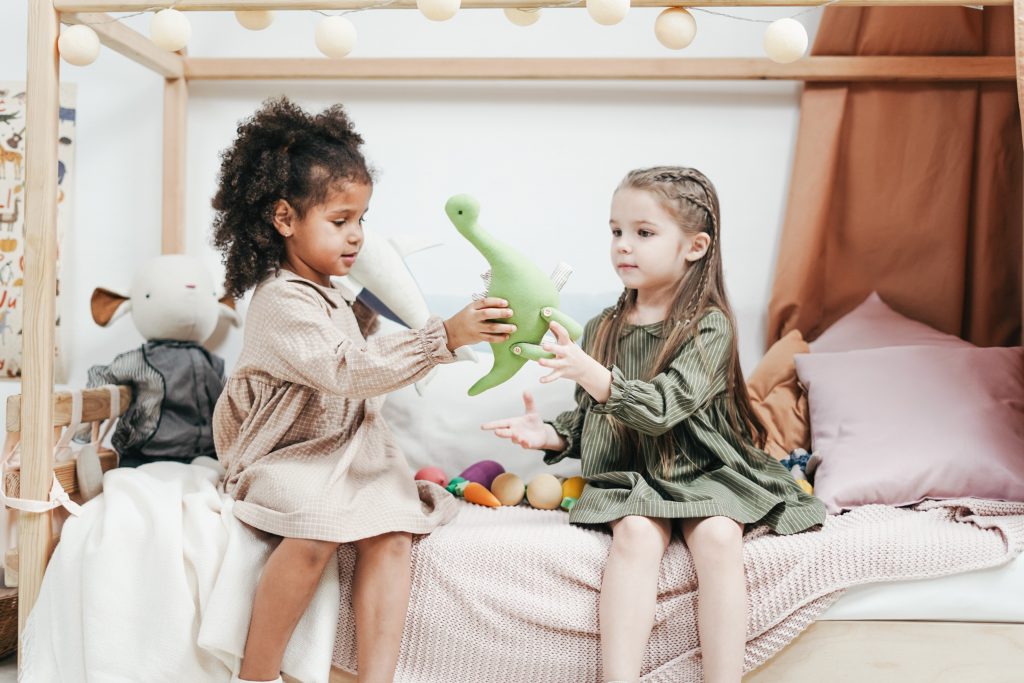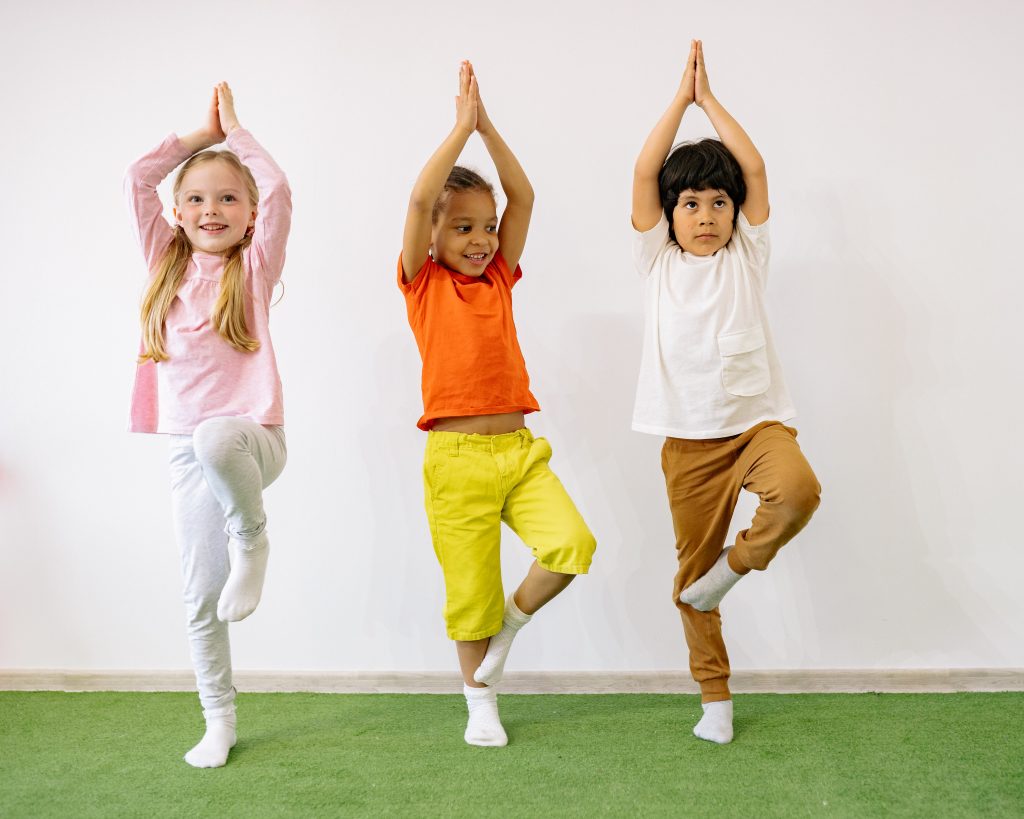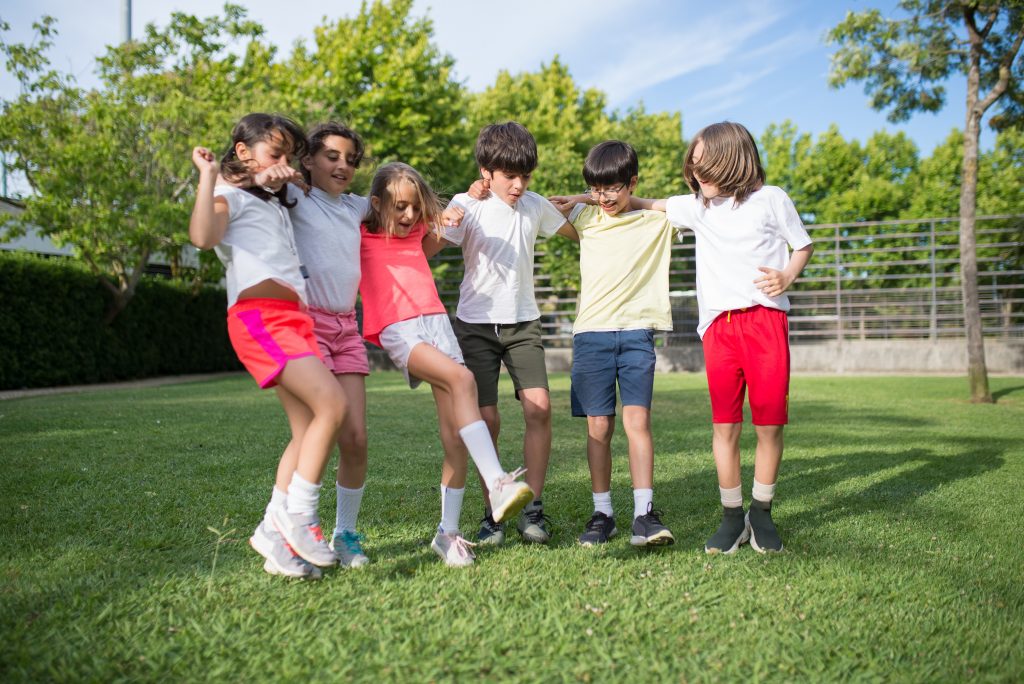As the world becomes more connected through social media, it is vital to nurture the physical connection of friendships. Friendship plays an important part in a child’s social development. We can help kids understand the value of friendship and show them ways they can build friendships.
Here are five fun ways to help kids begin connecting and building friendships:

Teaching the Value of Sharing
Whether it’s sharing toys or allowing friends to take turns in a conversation, it’s important to help kids understand the value in sharing. Teaching kids that sharing is far better than being alone is one step parents can take. Likewise, kids learn by example and we must constantly practice the act of sharing and caring through modeling.
Imaginary Play
Set up a make-believe scenario with your child’s favorite toy. The toy will serve as the imaginary “new” friend. Encourage your child to introduce him or herself to the toy and find out the toy’s name, favorite foods and colors, and games. Pretend play helps your child learn and what a real-life friendship is. Imaginary play also builds confidence and independence.

Extracurricular Social Activities
Get your child involved in extracurricular activities. Enroll them in sports, hobby groups or after-school activities. Extracurricular activities allow children to find friends who share similar interests. These activities can be a catalyst for building new connections.
Tap into creative learning
Puzzles, coloring activities, and even music can teach friendship building skills. Kids often learn faster by modeling actions they hear and see. Our super-catchy KidNation song, “Good Friends”, teaches kids the importance of ‘homies that keep it real’. Because, isn’t that what life is about?
The Compliment Game
The Compliment Game is a game you can play to boost your child’s social skills. You and your child take turns giving each other compliments. You can commend them on “a job well done” or remind them of how kind they acted towards their friends. Acknowledging the good actions of others and showing appreciation can help start meaningful conversations.

All in All
In short, parents influence the social development of their child. Encourage your child to speak with a classmate they may not know or compliment them. Meaningful friendships keep life vibrant and fulfill our need to connect.